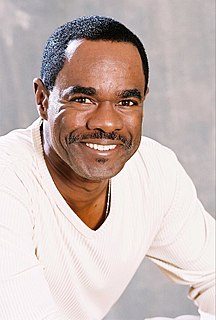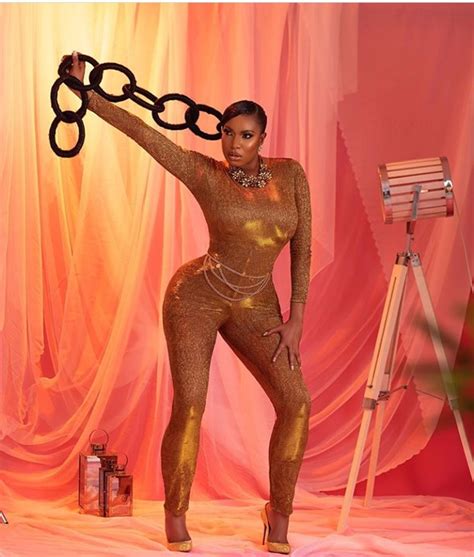A Quote by Stephen Frears
This black hole that people talk about in my career in the '70s, when I didn't make any films - in retrospect, what I was doing was learning my job.
Related Quotes
I belong to a bowling team with black and Latino coworkers. And when we get together and we talk about politics - I'm almost quoting him - he said, we don't talk about Black Lives Matters. We talk about what matters to our families. We talk about jobs, and we talk about the fate of the country. That is America, and you can reach those people.
I've really dreamed of doing television. All of us do television, coming up. But when I was coming up, television was a black hole for actors. Now, television has a certain cache. Now everybody wants to be on TV because they're doing adult dramas. If you're an actor, it's like, "Well, get me on television," because it's the only place you can do it and also make a living at it. If my kids need shoes, I better do a TV show because I damn sure don't make any money with independent films.
If you take the '70s with Blaxploitation pictures, there was a proliferation of black-content films and motion pictures, television, stage plays and so forth at a time when Hollywood was in trouble financially, and it was cheaper to do black films to keep the lights on until they could reestablish themselves.
Yes, you can have art films about the triumph of the human spirit and all of that, but you'll have it done with a big-budget icon with a $20 million salary. You'll have Julia Roberts, you'll have Robert Redford, you'll have Russell Crowe doing those films, because if they're going to cost $90 million, they're going to make that movie for a public that's very large and mainstream. They're not going to make it for three or four million black people.




































